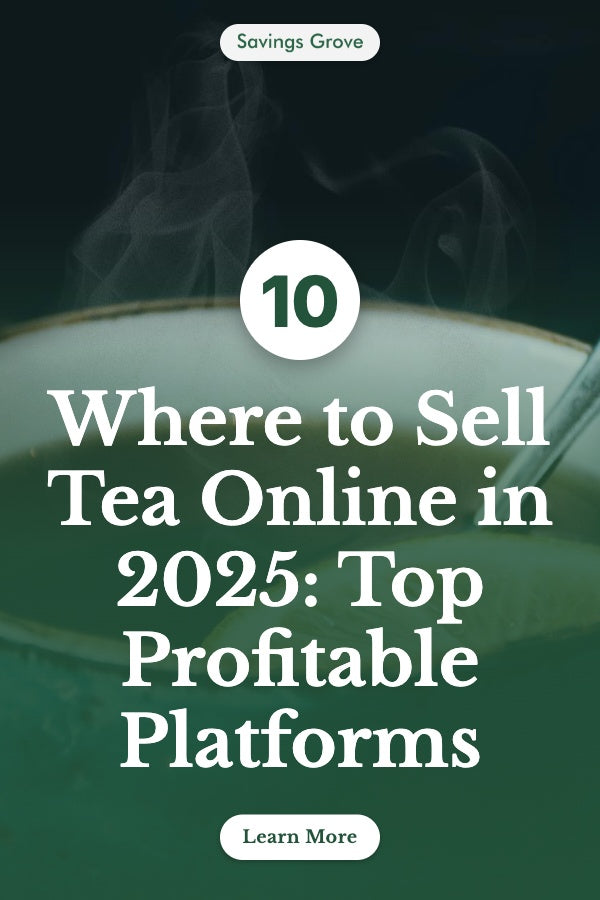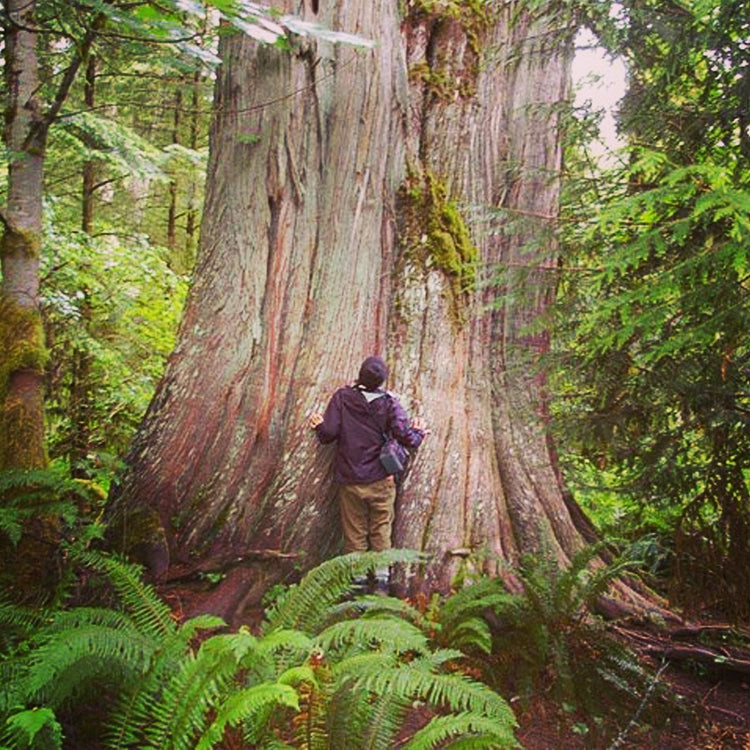
The global tea market continues to grow, making it an excellent time to start selling tea online. This guide will explore the best platforms and marketplaces where you can launch your tea business in 2025, whether you're selling loose leaf, herbal blends, or specialty teas. You'll discover how to start an online business in the tea industry and maximize your profits.
Finding Quality Tea Suppliers
Before choosing a selling platform, it's crucial to secure reliable tea suppliers for your business. Check out our comprehensive guide to the best wholesale tea suppliers to find reputable sources for your inventory. Quality suppliers will provide certificates of authenticity, competitive pricing, and consistent product quality - all essential factors for building a successful tea business.
Where to Sell Tea Online in 2025: Top 10 Profitable Platforms
1. Shopify
Starting at $39 per month, Shopify offers the most comprehensive solution for selling tea online. The platform provides beautiful tea-specific themes, secure payment processing, and powerful inventory management tools. You'll get features like abandoned cart recovery, marketing tools, and the ability to sell across multiple channels. Perfect for creating a branded tea store with complete control over your customer experience.
2. Etsy
Perfect for artisanal and specialty tea sellers, Etsy charges $0.20 per listing plus 6.5% transaction fees. The marketplace has a built-in audience looking for unique, handcrafted products, making it ideal for custom tea blends and gift sets. Particularly effective for selling organic, fair-trade, or uniquely packaged teas.
3. Amazon
With Amazon's Professional Selling Plan ($39.99/month), you can access millions of potential customers. FBA (Fulfillment by Amazon) can handle storage, shipping, and customer service, though fees start at $2.41 per unit plus storage costs. Ideal for sellers ready to handle higher volume sales and compete in a larger marketplace.
4. Walmart Marketplace
Walmart's online marketplace has grown significantly, offering access to millions of customers. There's no monthly fee, but you'll pay referral fees between 6-15% depending on the category. Approval process is selective, requiring established sellers with good track records.
5. eBay
A great platform to test different tea products with low startup costs. Basic seller accounts are free with insertion fees starting at $0.35 and final value fees around 10%. Particularly good for selling rare or specialty teas to collectors and connoisseurs. Check out these alternatives to eBay for more options.
6. Faire
A wholesale marketplace connecting tea brands with independent retailers. Commission rates range from 15-25%, with no monthly fees. Excellent for reaching boutique stores and expanding your wholesale business. Before listing on Faire, make sure to check out the best wholesale tea suppliers to ensure competitive pricing. They offer Net 60 payment terms for buyers, making your products more attractive to retailers.
7. Facebook Marketplace
A free platform to start selling locally with the potential to ship nationally. No listing fees, but you'll need to handle all aspects of fulfillment. Excellent for building a local customer base and testing new tea blends. Learn more about what sells best on Facebook Marketplace.
8. Wayfair
While known for furniture, Wayfair's home goods section includes tea and tea accessories. Commission rates vary by category (typically 15-25%). Good for sellers offering tea gift sets or premium tea ware collections.
9. Bonanza
A growing marketplace with fees starting at 3.5% plus a small commission based on advertising options. Particularly good for unique tea blends and specialty items. Offers integration with Google Shopping and other marketing tools.
10. Newegg
Expanding beyond electronics, Newegg now includes food and beverage categories. Commission rates range from 8-14%. Good for reaching tech-savvy customers and offering subscription-based tea services.
Platform Comparison Chart
| Platform | Monthly Fee | Commission | Best For |
|---|---|---|---|
| Shopify | $39 | 0% (payment processing fees apply) | Full-service tea brands |
| Etsy | $0 | 6.5% + $0.20 per listing | Artisanal teas |
| Amazon | $39.99 | 8-15% + FBA fees | High-volume sellers |
Final Words
Starting a tea business online can be highly profitable with the right platform and strategy. Consider your budget, target audience, and business goals when choosing where to sell. Remember to explore multiple marketplace options and perhaps combine several platforms to maximize your reach and profits. The tea market is expected to grow by 6.7% annually through 2025, making it an excellent time to enter this thriving industry.
Related Articles
Frequently Asked Questions About Selling Tea Online
How much does it cost to start an online tea business?
Initial costs can range from $500 to $5,000, depending on your platform choice and inventory. Shopify starts at $39/month, while marketplaces like Etsy have lower upfront costs but higher transaction fees. Additional costs include tea inventory ($200-1,000), packaging ($100-300), and marketing ($100-500 monthly).
What licenses do I need to sell tea online?
Requirements typically include a business license, food handler's permit, and potentially FDA registration if you're blending teas. Specific requirements vary by location and whether you're selling pre-packaged or custom blends. Most sellers need basic liability insurance ($500-1,000 annually).
Which is better for selling tea: Shopify or Amazon?
Each platform has its advantages. Shopify ($39/month) offers more brand control and lower fees but requires more marketing effort. Amazon provides immediate access to millions of customers but charges higher fees (referral fees up to 15% plus FBA fees). Many successful tea sellers use both platforms to maximize reach.
How do I source quality tea for resale?
Source tea through certified wholesalers, direct trade with farms, or tea importers. Minimum orders typically range from $500-2,000. Look for suppliers who provide certificates of analysis and can guarantee consistent quality. Building relationships with multiple suppliers ensures stable inventory and competitive pricing.

